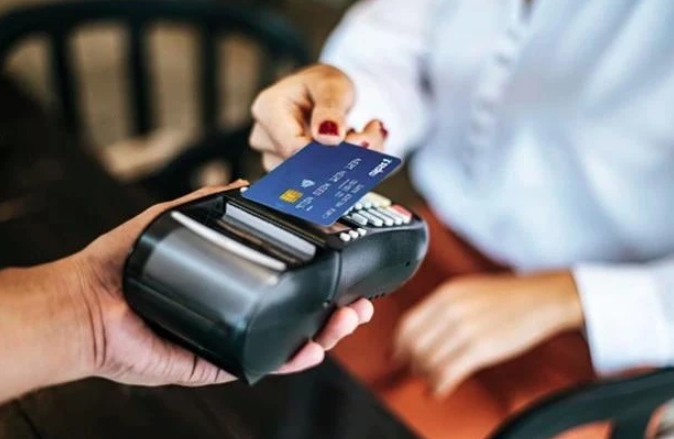Vietnam well-positioned towards cashless society: UK newswire
Society – Economy - Ngày đăng : 09:33, 05/07/2024
In its writing posted on July 3, it highlighted one of the most significant trends in Vietnam's digital payment landscape is the rapid growth of e-wallets, with major players like MoMo having gained immense popularity. These e-wallets offer a wide range of services, from bill payments and mobile top-ups to online shopping and even ride-hailing services.
Consumers are drawn to the convenience and security of these digital wallets, which are accessible through mobile apps. As a result, e-wallet transactions have surged, contributing to the decline of cash transactions.
QR code payments have become ubiquitous in the country, allowing users to make payments by simply scanning a QR code with their smartphones. It is widely used in restaurants, retail stores, and even street vendors.
QR codes have made payments more efficient and contactless, especially in the context of the COVID-19 pandemic. Customers appreciate the speed and simplicity of completing transactions with a quick scan.
It held that the Vietnamese Government played a significant role in promoting digital payments. Initiatives like the National Payment Corporation of Vietnam (NAPAS) have been instrumental in standardising payment systems and facilitating interoperability among various payment providers. These efforts aim to reduce the reliance on physical cash and enhance financial inclusion. The government also encourages businesses to offer cashless payment options to customers.
Meanwhile, P2P payment platforms have been in favour among Vietnamese consumers since it helps individuals to easily transfer money to friends, family and even businesses. P2P transfers are used for various purposes, such as splitting bills, sharing expenses, and sending remittances.
According to Finextra, cross-border payment services have become essential amidst the growth of the nation’s international trade. Fintech firms and traditional banks offers solutions to businesses and individuals to send and receive money internationally. These services are not only convenient but also cost-effective, making it easier for Vietnamese businesses to engage in global commerce.
It concluded that Vietnam's digital payment revolution is marked by a shift away from cash transactions toward convenient, secure, and efficient digital payment methods. E-wallets, QR code payments, contactless cards, and innovative fintech solutions have played a pivotal role in reshaping the country's payments landscape.

